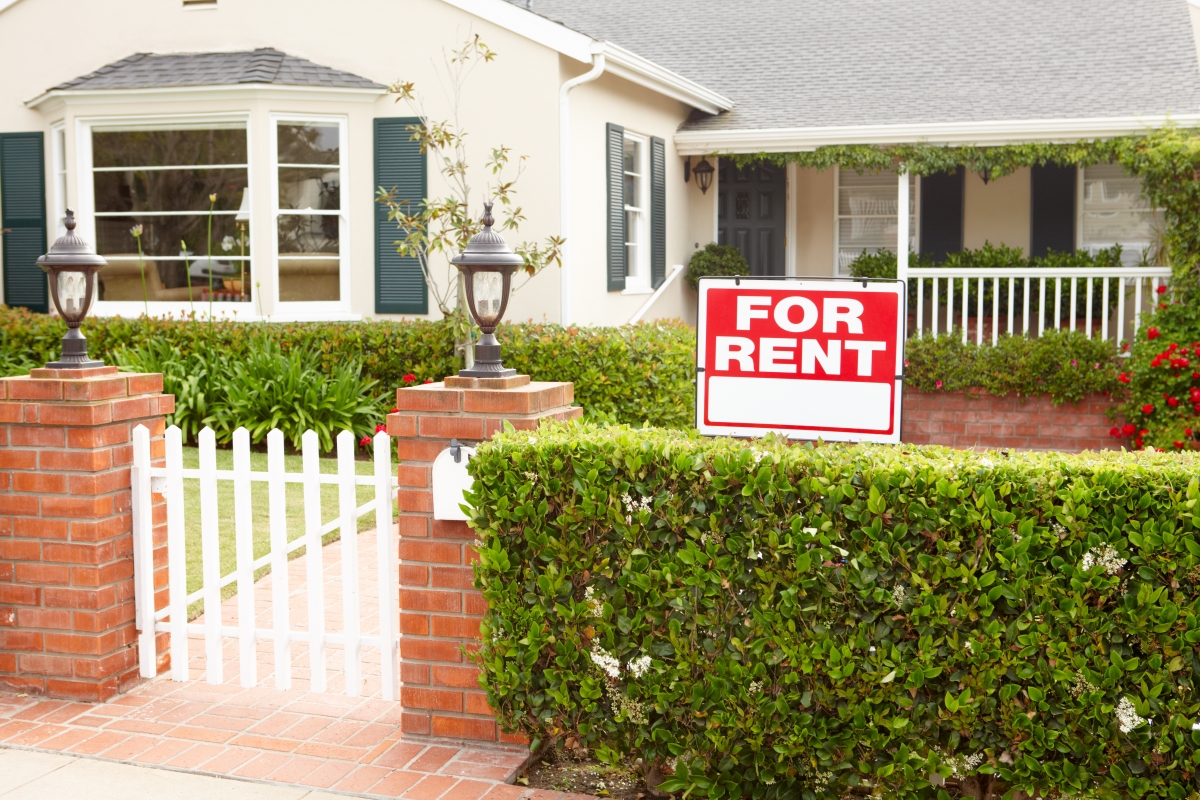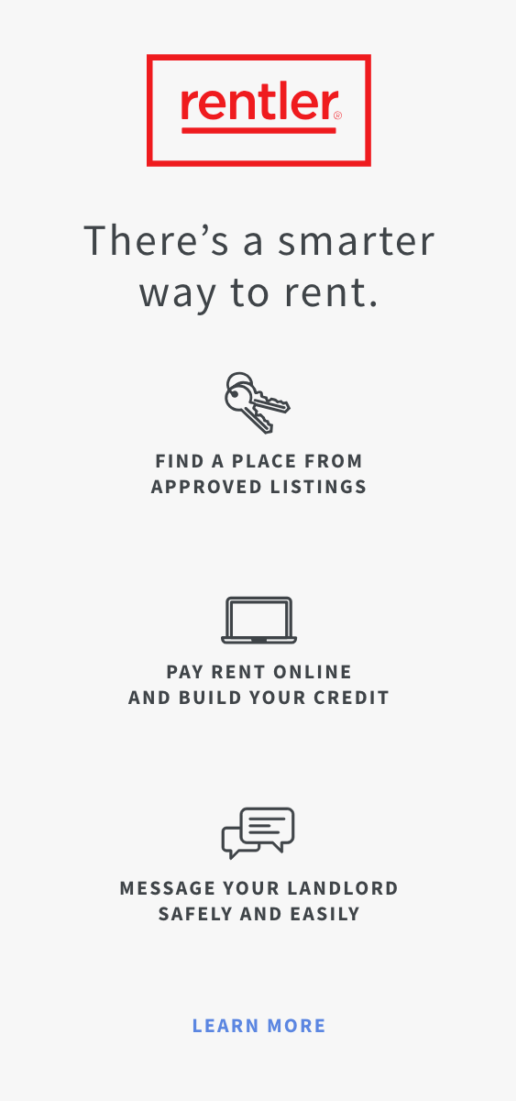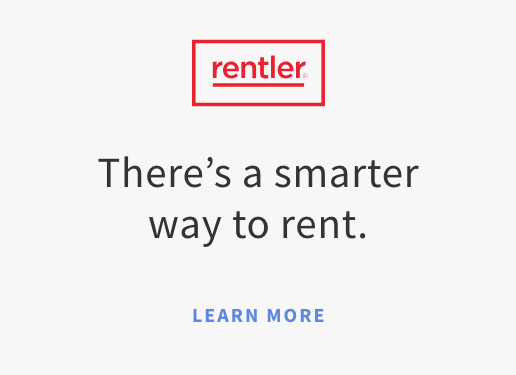These days, there’s an app for everything! Our lives revolve around convenience and technology, so it’s no surprise that applying for a property online is now common practice.
If you’ve found the perfect rental property and want to apply for it online, here’s what you need to know.
Contact the property agent
You can always contact the property agent directly to confirm that you would like to apply for the property remotely and ask how best to proceed. The online property listing should include contact information for the property’s real estate agent, usually including phone and email information, so there are many ways for you to reach out. You may not be the only one interested though, so get moving on it quickly.
Prepare your application
Desirable properties can fill fast, so ideally you should have all of the necessary information prepared ahead of time. Be thorough – avoid delays that could see you lose the rental to someone more organized by ensuring that you include every piece of information required and/or requested.
Allow for a renter’s application fee
Depending upon the property and landlord or agent, you may have to pay an application, processing and screening fee, usually costing between $35 and $75 per applicant.
What should be included in a rental application?
Supporting Documents
Prepare your supporting documentation in advance, such as:
- Photo ID (passport or driver’s license)
- Confirmation of employment (offer letter or contract)
- Copies of your last two pay stubs/slips
- Copies of your last two tax returns
- Copies of your last three bank statements
- Copies of your last two W-2 forms
- Any documentation confirming assets (real estate, stocks, shares etc.)
- Contact and identification information (your social security number, email address, current employer, previous landlords and your co-signer, if applicable)
- References from previous landlords
- Personal or professional references
- Your vehicle information
- Pet information (if applicable)
1. Proof of income
Landlords need assurance that you’ll be able to afford to make consistent and on time rent payments. As a rule of thumb, you should aim to be making three times the cost of rent to qualify, and you will need to prove that you earn this amount as income.
You will need to provide two or three recent pay stubs/slips, bank statements and tax statements. If you’ve had your job for over a year, you can provide them with a W-2. The agent may call your employer to verify your employment and salary status.
2. Credit check permission
When applying to rent a property, the landlord or agent will seek permission to run a credit check to determine how financially responsible you are.
If you have bad credit, it may make it harder to get approved, so if you do have poor credit, it is best to be honest about it upfront and explain why.
If you haven’t had credit before, it is also better to disclose this when you apply, and consider finding someone who can cosign with you. Alternatively, you could offer a few month’s rent upfront to ease a landlord’s concerns.
3. Background check permission
You may also need to agree for the landlord/agent to run a background check. Like a credit check, this is an indicator of your character and dependability.
Any previous criminal convictions or pending charges could be problematic and should be disclosed upon application. Providing some context around your history could go a long way towards easing the concerns of a landlord who is considering placing their trust in you.
4. References
It is helpful to have your rental history and previous landlords’ contact information on hand for references. However, if you don’t have any previous landlords, you can also use personal references, such as those from employers or college professors. These references can give the landlord important insights into your character and sense of responsibility.
5. Guarantor information
If you have bad credit or are a first-time renter, then providing a co-signer with your application is a good idea.
Guarantors or co-signers are people with a good credit history who can sign the lease along with you. They are then agreeing to take legal responsibility for your rent if you are unable to cover it. A guarantor could also be necessary if your income isn’t sufficient to cover the rent for application eligibility purposes.
6. Covering letter
If there are any special circumstances within your application that you feel you could provide helpful context around, it is smart to include a cover letter in your application. Explaining circumstances such as bad credit resulting from medical bills, or a previous felony conviction that is not indicative of who you now are, can go a long way. A cover letter on its own might not be enough, but coupled with a strong application, it may just sway them.
When will I know the outcome?
Most applications take 24-72 hours to review, but it is always best to check with the landlord or agent to find out how long you should expect to wait for an answer.
Depending upon the circumstances, your application could be approved on the same day, as some landlords are motivated to get properties rented quickly. Other times, they can be choosy and take their time to find the right tenant, in which case all you can do is be patient. If a landlord has several applications to get through, it will of course prolong the process.
Applying for a rental property online can be a very simple process, and most agents these days seem to prefer online applications. If you are confident that you have found the right property, there is no need to go running around town to the photocopiers and the post office or real estate agent’s office – ask the agent how to proceed, upload a strong application and good luck with the result!








